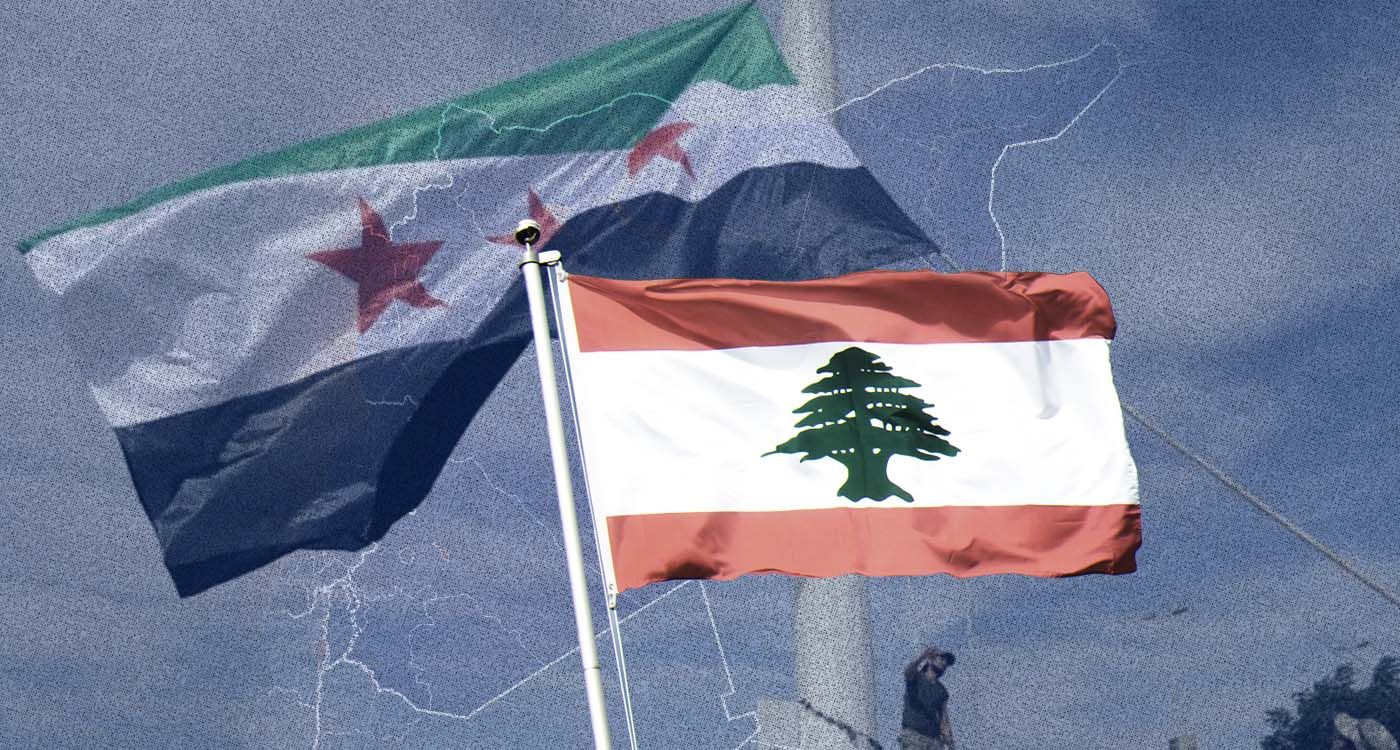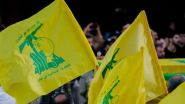
The situation in both Lebanon and Syria is still shrouded in ambiguities, deliberate equivocations, and malevolence. Nothing seems clear, and actors continue to operate in grey zones, let alone in the dark alleys that persist throughout.. The chances of negotiations and constructive engagement are quite narrow and are not part of the political scripts. Shiite fascism is adamant about resuming its offensive towards domestic domination as a compensation for its regionally compounded failures. HTS takeover in Syria, aside from its accommodating scenario and benevolent declarations of intent, has to address several thorny issues related to national security, societal and political pluralism, reform of governance, and regional relationships. The positive vibes emitted by the late transformations in both contexts are overshadowed by old reminiscences casting their shadows over the daily political and societal affairs.
The late declarations of the remnant Hezbollah leadership are quite worrying since they display their disinclination to revise their political course, let alone their political narrative. They demonstrate their unwillingness to review critically the disastrous outcomes of their domination politics and take responsibility for what they have done. Their psychotic posture is blind to the dismal failure of the integrated battlefields around which they have constructed their military strategy in a joint undertaking with Iran and its military surrogates in the region. The strategic continuum is already shattered; the logistics corridors are shut down between Teheran and its panhandles, the whole ideological scheme is in tatters, and the Iranian profligacy has come to an end under the pressure of deteriorating economic and social conditions, strained public finances, and the twilight of the Islamic revolutionary rhetoric.
Their only bet is on controlling back Lebanon under the threat of rekindled civil war at a time when the open wounds of the unfinished war are not yet attended. They are maneuvering around the implementation of the internationally mandated and monitored truce, waffling on dismantling the military infrastructure, surrendering the arms, and putting an end to their extraterritoriality. The brinkmanship politics are reaching a dead end since the truce timetable is narrowing and its penalties are increasing by the day. The chances of reaching a political agreement in Lebanon are shrinking, threatening civil peace. Meanwhile, the imponderables of the Syrian maelstrom are not fully probed and its geopolitical fallouts not yet clear.
The positive incidences of the changing political tides are not yet thoroughly tested to be validated. The destructive power politics of Iran and its proxies have not terminated so far because the Iranian regime is instrumenting ISIS and trying to negotiate the territorial spoils in both Syria and Lebanon with its Turkish nemesis. The smooth takeover of power in Syria reveals hidden weaknesses concerning its tutelary powers, their agendas, and their ability to maneuver the fractured Syrian and jihadist political and military landscapes. Otherwise, the internal cohesion of the terrorist cohorts, their pliability to the inter-Islamic power politics, and the sway of ideological irredentism, terrorism, and organized crime tropism are highly challenging.
The liberalizing and modernizing outlook harbored by Ahmad al Share’h is quite persuasive but still in need of intellectual refinement and a systematic review of the erstwhile ideological pillars of terrorist Islamism. The absence of a coalition cabinet, the monolithic and unprofessional leadership of the new army, and their high dosage of jihadist controls matched with the rushed and truncated reform of educational textbooks, sexist prejudices, religious discrimination and the vindictive justice and its mixture of savagery and Islamic jurisprudence are not appropriate if TSH is serious about its reformist claims and its budding democratic claims. Having said that, one fully understands the difficulties and pitfalls of the politics of transition in a political and cultural context where the ingredients of a liberal and democratic culture are inexistent and should be part of the foremost reformist endeavors.
The political pronouncements are assuaging and are to be credited with the soft transition and its liberal overtones. Nonetheless, the implements of a constitutional state are missing, and the compounded ethos of tribalism, state, and Islamic terrorism and their framing rhetorics account for the untrammeled savagery. The legacy of institutional savagery, the morally flawed and criminal nature of the Assad regime and its ineptitude, account for its brutal and meteoric demise. Fortunately, the transition has been relatively stable despite the lurking downsides of a declining bloody autocracy. However, the monumental undertakings of an awkward transition is to be monitored and assisted if it displays enough openness to negotiated solutions and principled commitment to democratic and liberally oriented reforms.




Comments